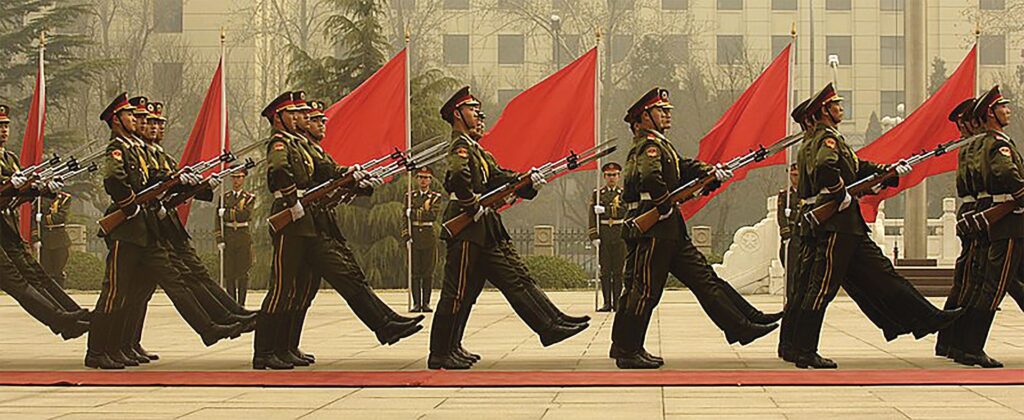Geopolitical developments are crucial in shaping national defense strategies worldwide. Changes in power and influence among nations impact defense policies and risk assessments. For instance, the rise of China as a superpower has led to tensions and the need for strategic alliances. Additionally, cybersecurity threats, like state-sponsored hacking, pose new challenges for defense strategies. As countries adapt to evolving geopolitical landscapes, they must remain vigilant to protect their interests and maintain global security. It is essential for nations to continually assess risks, allocate resources effectively, and respond proactively to emerging threats in order to safeguard their sovereignty and security.
Introduction
Geopolitical developments play a crucial role in shaping national defense strategies of countries around the world. As the global political landscape continues to evolve, nations must adapt their defense policies to address emerging threats and challenges. In this article, we will explore how geopolitical developments influence national defense strategies and discuss the implications for global security.
Geopolitical Shifts
Geopolitical shifts refer to changes in the distribution of power and influence among nations on the global stage. These shifts can result from a variety of factors, including changes in government leadership, economic growth, military capabilities, and international alliances. For example, the rise of China as a global superpower has significantly altered the geopolitical landscape in Asia and beyond, leading to increased tensions with other major powers such as the United States.
Implications for National Defense
Geopolitical shifts have a direct impact on national defense strategies as countries seek to secure their interests and protect their sovereignty in a rapidly changing world. For example, the United States has implemented a “pivot to Asia” strategy in response to China’s growing influence in the region, focusing on strengthening military alliances with allies such as Japan and South Korea to counter China’s expanding military capabilities.
Risk Assessment
One of the key aspects of national defense strategies is risk assessment, which involves identifying potential threats and vulnerabilities that could impact a country’s security. Geopolitical developments play a critical role in shaping these assessments, as countries must constantly evaluate the intentions and capabilities of other nations to determine the level of risk they pose. For example, Russia’s annexation of Crimea in 2014 prompted NATO to reassess its defense posture in Europe and increase its military presence along the eastern border to deter further aggression.
Cybersecurity Threats
In addition to traditional military threats, countries must also contend with cybersecurity threats in an increasingly digital world. Geopolitical developments such as state-sponsored hacking and cyber warfare have become a major concern for national defense strategies, as cyber attacks can disrupt critical infrastructure, steal sensitive information, and destabilize governments. For example, the United States has identified Russia and China as primary threats in the cyber domain and has implemented measures to strengthen its cybersecurity defenses against potential attacks.
Conclusion
Geopolitical developments have a profound impact on national defense strategies, shaping how countries assess risks, allocate resources, and respond to emerging threats. As the global political landscape continues to evolve, nations must remain vigilant and adaptive in order to protect their interests and ensure global security.
